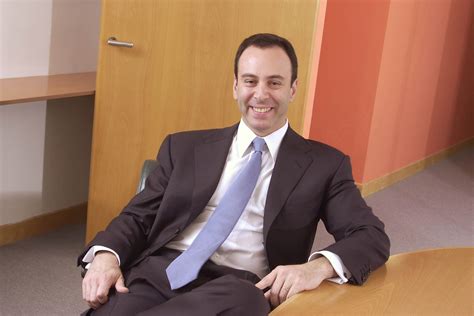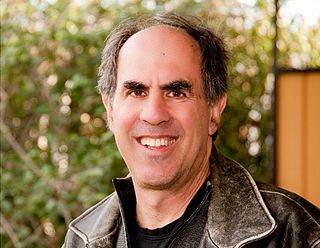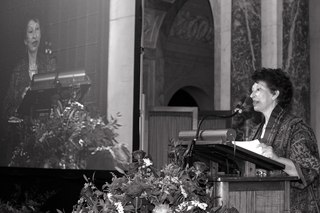A Quote by Edward Lampert
Trying to move the volume of products we're talking about from place to place to get it ultimately into the customer's hands, to price these items, to market these items, I think the retail business is incredibly complex. But if you get it right, it's a beautiful thing.
Related Quotes
When you bring in multi-brand retail items into the country, you're not just bringing the products, but you're also harming local manufacturers. You must strengthen your manufacturing sector and put it on a level playing field with the world. Any kind of items manufactured globally, like small pens, pencils, notebooks - our manufactured goods need to be on a level playing field. Then let them come. Have a competition.
Complex organisms cannot be construed as the sum of their genes, nor do genes alone build particular items of anatomy or behavior by themselves. Most genes influence several aspects of anatomy and behavior as they operate through complex interactions with other genes and their products, and with environmental factors both within and outside the developing organism. We fall into a deep error, not just a harmful oversimplification, when we speak of genes "for" particular items of anatomy or behavior.
Keeping physical items from the past is important - we keep old toys, grandparents' jewelry, yearbooks, dance recital programs - and we assign meaning to them. Those items become the memories, and that's a very healthy thing to do. The problems occur when we have too many of those sentimental items, and they start weighing us down.
The good thing about Pittsburgh, it's a good place to be raised... it doesn't tolerate assholes. You're either a good guy or you're a bad guy... When I'm in Los Angeles having these incredibly surreal moments where nobody's saying anything and everybody's talking incessantly, I always have that Pittsburgh voice in my head - shut up, smile, get the job, move on.
































